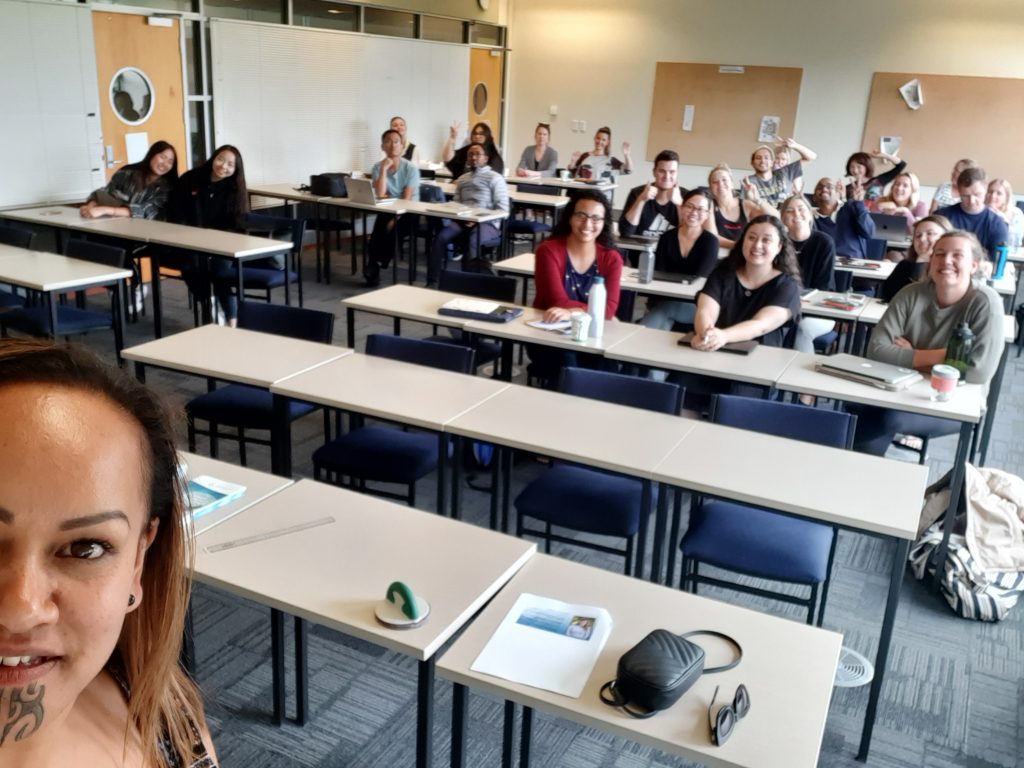
The SWRB has two roles in social work education:
- to recognise social work qualifications that meet our Education Standards
- to work with providers and the bodies that set standards for social work education and training in NZ, to promote and set standards.
NZ-recognised social work qualifications
The SWRB recognises two levels of social work qualifications:
- At the undergraduate level, a Bachelor’s degree.
- At the postgraduate level, a Master’s degree.
These programmes are offered by a range of tertiary education organisations: universities, institutes of technology and polytechnics, wānanga and a private training establishment.
To be eligible to register and work as a social worker in the future, you will need to graduate with a social work qualification from one of the institutions offering an SWRB-prescribed programme of study.
Where you can study
There are 17 New Zealand education institutions that offer social work programmes that are recognised by the SWRB. Programmes of study are offered in Whangārei, Auckland, Hamilton, Gisborne, Tauranga, Hawkes Bay, Rotorua, Palmerston North, Otaki, Porirua, Lower Hutt, Nelson, Christchurch, Dunedin and online. All education institutes delivering SWRB-prescribed social work qualifications in New Zealand are reviewed on a regular basis by the SWRB.
You can download a list of the education organisations and the SWRB-prescribed social work qualifications they offer:
SWRB-recognised social work qualifications 2026
Information for social work students
Annual education reports
The SWRB compiles a report at the end of each academic year that provides information on student numbers and demographics, as well as field education activities.

